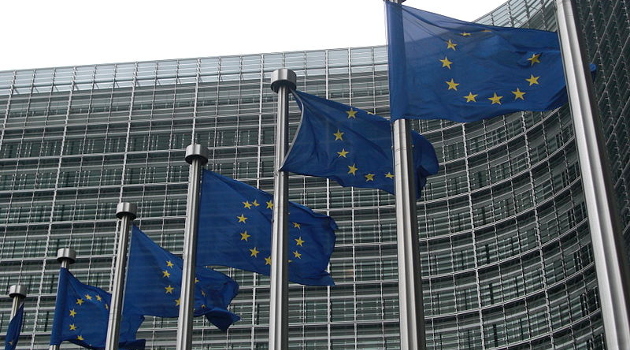I’m not a big fan of paternalism because of my libertarian belief that people should be free to govern their own lives.
That’s true even if they make choices that I think are foolish.
Needless to say, many politicians don’t share this laissez-faire perspective.
But not all governments are equally intrusive. Epicenter has released a new version of the Nanny State Index, allowing us to see which EU nations have the most onerous rules governing private behavior.
The Index has been charting the slide towards coercive paternalism since 2016 and there is little good news to report this year. Once again, Finland tops the league table but although it maintains a strong lead, other countries are closing the gap. …Whether it is food, drink, vaping or smoking, the lifestyle regulators have the wind in their sails…
In general, the story is one of a constantly expanding nanny state raising prices and trampling freedom. The blame lies overwhelmingly with domestic governments, not with the European Union. Although the EU has made the situation worse with its counter-productive policies on tobacco and e-cigarettes, it cannot be held responsible for regressive taxation, draconian smoking bans and excessive regulation of alcohol and food. The gulf between the more liberal countries at the bottom of the Index and the more heavy-handed countries at the top shows how much latitude member states have. Treating your citizens like children is, by and large, a domestic policy choice.
As you can see from this table, Finland is the worst, followed by two of the (otherwise sensible) Baltic nations.
Meanwhile, Germany gets the best score, followed by Czech Republic and Slovakia.
The report’s author, Christopher Snowdon of London’s Institute of Economic Affairs, observes that nanny-state policies don’t even achieve their putative goal of longer lifespans.
Insofar as ‘public health’ campaigners acknowledge the damage done by their policies, they argue that it is more than offset by the benefit to health – the ends justify the means. But there is little evidence that countries with more paternalistic policies enjoy greater health or longevity. As Figure 1 shows below, there is no correlation whatsoever between Nanny State Index scores and life expectancy.
Here’s the chart showing the lack of a relationship between paternalism and longevity.
By contrast, there is a correlation between economic prosperity and life expectancy.
…there is a strong, statistically significant relationship between health and wealth. Figure 4 shows the relationship between life expectancy and economic prosperity as measured by per capita GDP. This suggests that pursuing economic growth would bring much greater benefits to health than coercive efforts to control personal behaviour with bans and taxes.
Here’s the chart from the study showing the relationship between the two variables.
The obvious takeaway is that European governments should focus on policies that expand economic liberty if they truly care about the well-being of their citizens.
P.S. What about the United States? I’m not sure where we would rank in the Nanny State Index. Though we do have some indication of which states have a more laissez-faire attitude. When I wrote about Freedom in the 50 States back in 2013, I noted that Massachusetts ranked #1 in the “bachelor party” category (based on issues such as booze, hookers, fireworks, and drugs). That category doesn’t exist int he most-recent edition, but Nebraska ranks #1 in the “victimless crimes” category.
———
Image credit: Sébastien Bertrand | CC BY 2.0.




